
Best Windows 10 apps this week
Three-hundred-and-ninety-seven in a series. Welcome to this week's overview of the best apps, games and extensions released for Windows 10 on the Microsoft Store in the past seven days.
Microsoft's Windows 10 operating system turned five this week. Check out Wayne's look back at how it all started out and why things are not better than they are right now.

Huge BootHole flaw in GRUB2 bootloader leaves millions of Windows and Linux systems at risk from hackers
A serious vulnerability dubbed BootHole has been discovered in the GRUB2 bootloader. Millions of systems run the risk of being exposed to hackers -- primarily those running Linux, but Windows is also affected. Discovered by security researchers at Eclypsium, the BootHole vulnerability has been assigned CVE-2020-10713 ("GRUB2: crafted grub.cfg file can lead to arbitrary code execution during boot process") and a CVSS rating of 8.2.
The flaw can be exploited to gain arbitrary code execution during the boot process, even when Secure Boot is enabled and virtually all Linux distributions are affected. But more than this, the vulnerability also leaves Windows systems that make use of Secure Boot with the standard Microsoft Third Party UEFI Certificate Authority open to attack.
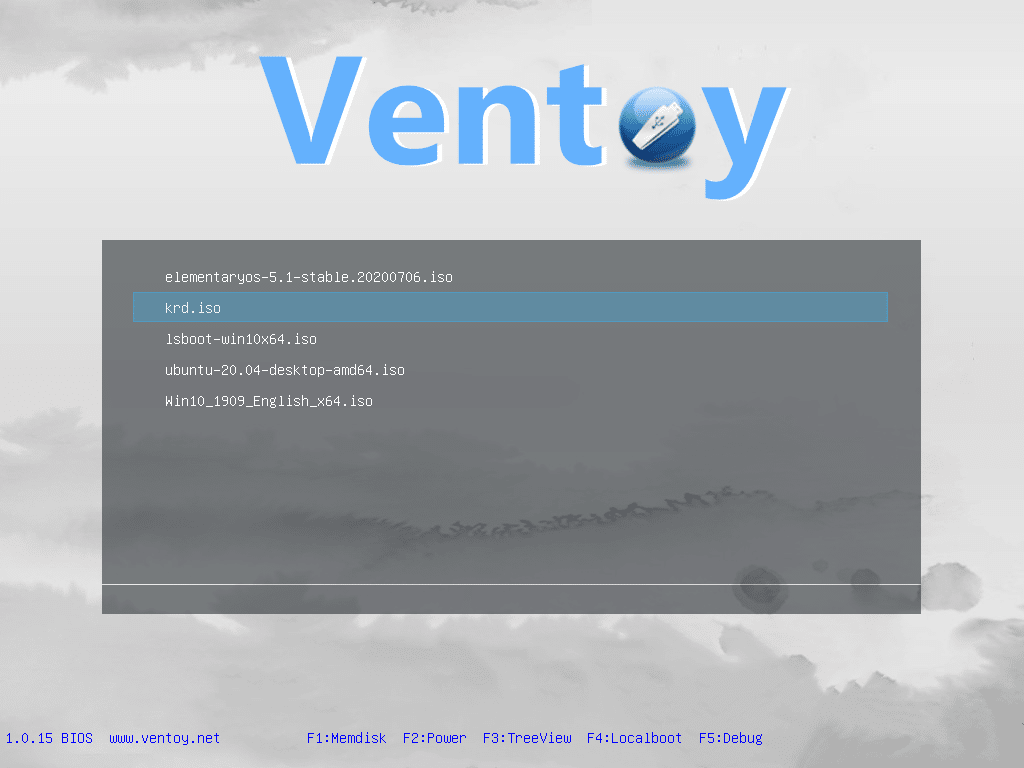
Consolidate all your boot media on to a single flash drive with Ventoy
How many boot discs or flash drives do you own? It’s possible to build up quite a collection, from Linux live CDs and antivirus rescue discs to boot media for apps as diverse as drive imaging to data recovery.
Thanks to Ventoy 1.0.15, you can now consolidate all your boot media: instead of five, six or however many boot discs you need, everything is stored on a single flash drive. The larger the flash drive, the more boot media you can install on it.

Microsoft is dropping PHP support from Windows
PHP 8.0 is due for release in November, but when this major new version appears Windows will not support it.
The company says that bug fixes and security patches will continue to be released for the lifecycles of PHP versions 7.2, 7.3 and 7.4. But when the latest version is released later this year, Microsoft will "not [...] be supporting PHP for Windows in any capacity for version 8.0 and beyond".

How to uninstall Microsoft Edge from Windows
Microsoft has been quite aggressive in pushing out the Chromium-based version of Edge, and not everyone is happy about it.
There is understandable anger at having a browser that isn't necessarily wanted being forcibly installed -- and to add insult to injury, Microsoft has also made it impossible to uninstall Edge. But there is actually a way to get rid of the browser. Here's what you need to know.
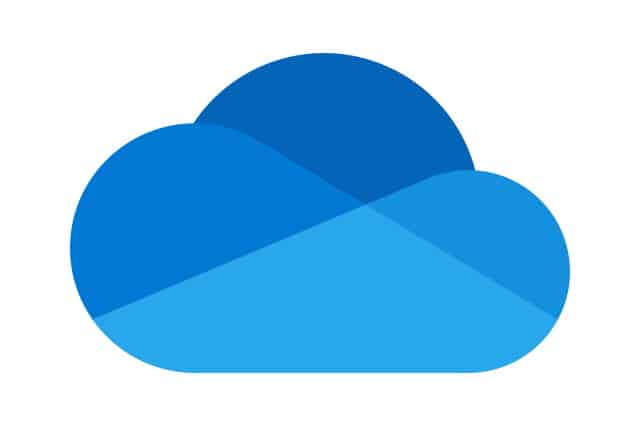
Windows 10 May 2020 Update is breaking OneDrive Files On-Demand for some people
Microsoft has acknowledged OneDrive connectivity problems on some devices that have been upgraded to Windows 10 May 2020 Update (Windows 10 version 2004).
An error message reading "OneDrive cannot connect to Windows" informs affected users that Files On-Demand require an internet connection to function. The problem means that people are unable to access some of their files -- at least until they apply a workaround.
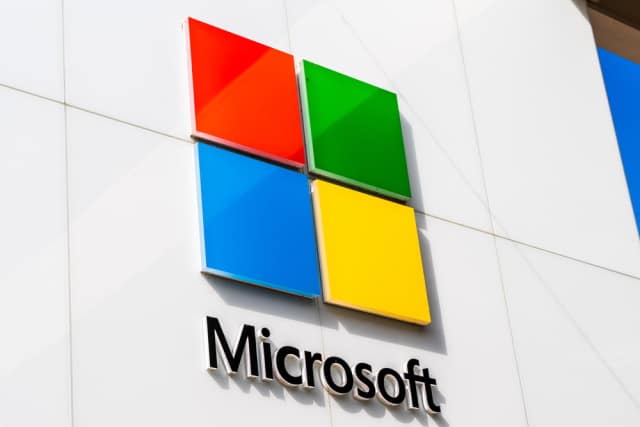
Microsoft publishes Windows Terminal 2.0 roadmap
Windows 10 is undeniably a graphic-based operating system, but there have always been various text-driven command line options too. With Microsoft increasingly embracing Linux, the arrival of Windows Terminal was pleasing if unsurprising.
The utility provides access to the Command Prompt, PowerShell and WSL (Windows Subsystem for Linux), and although version 1.0 has only just been released, Microsoft has already published it roadmap for Windows Terminal 2.0.
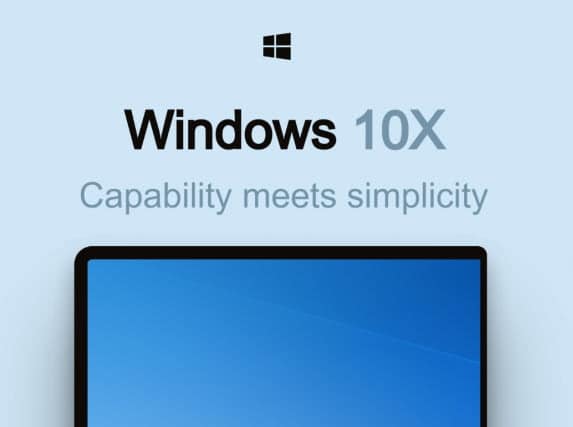
Microsoft shifts the focus of Windows 10X to single-screen devices
In a blog post talking not only about the upcoming release of the Windows 10 May 2020 Update, Panos Panay also made some revelations about Windows 10X.
Originally destined for dual-screen devices, the Chief Product Officer of Windows and Devices says that "the world is a very different place" to when Microsoft first set out plans for the operating system. Now there is something of a shift in focus and Windows 10X will appear on single-screen devices that make use of the cloud.
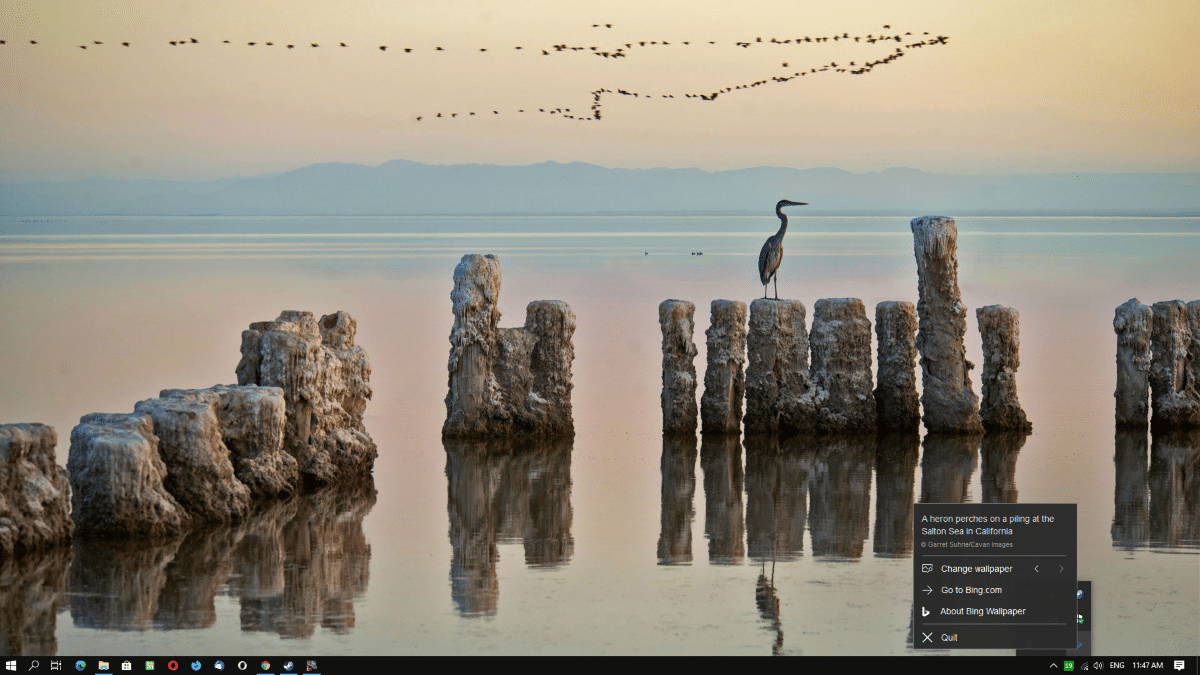
Microsoft's new Bing Wallpaper application is now available
Microsoft released a new application for Windows devices this week called Bing Wallpaper. Windows users may install the application to automatically download Bing wallpapers and have them set as the system's background image.
The application has not been released as a Microsoft Store app but as a desktop program. Users should not confuse it with the open source program Bing Wallpaper which Mike reviewed in 2017 here on BetaNews.
Zoom security vulnerability can be used to steal Windows login credentials
Zoom's popularity has accelerated in recent weeks thanks to the number of people now forced to work from home and conduct meetings online. Now security researchers have discovered a worrying vulnerability in the software that could be used to steal Windows login credentials.
The vulnerability steams from the fact that Zoom converts URLs that are sent in messages into clickable links. The same is true for UNC paths, and if such a link is clicked, it is possible to grab a user's login name and their NTLM password hash and decrypt it.
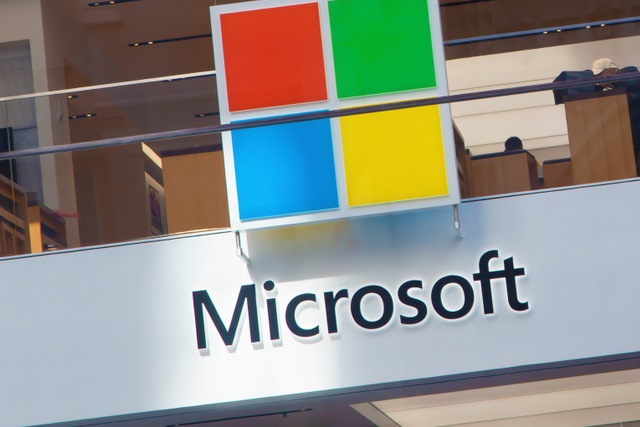
Microsoft warns that hackers are exploiting two unpatched Windows bugs
Microsoft has warned that all versions of Windows feature critical unpatched RCE vulnerabilities. The security problems stem from the Windows Adobe Type Manager Library, and relates to the parsing of fonts.
The company is working on a fix which will be released when the next Patch Tuesday rolls around -- but for Windows 7 users, despite the critical nature of the bugs, it is only those who have paid for an ESU licence that will get the security update. There is a bit of good news, however. While the vulnerability is yet to be patched, there is a workaround available that will do the job for the time being.
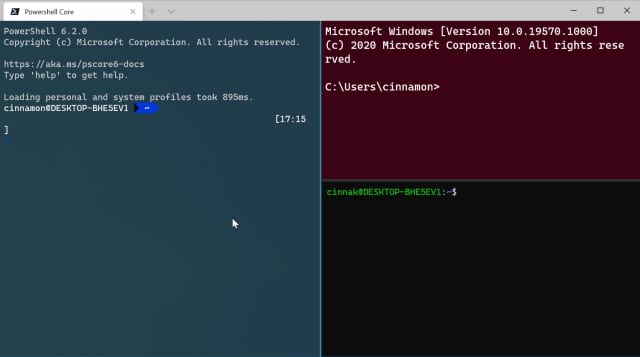
Microsoft releases Windows Terminal Preview v0.10, adding mouse support and duplicate panes
Last month we saw Microsoft releasing the "feature-complete" Windows Terminal Preview v0.9, and now the company has pushed out v0.10.
Although Microsoft said that the previous version was "the last version of the Terminal that will include new features before the v1 release", this update introduces two new ones. First up is mouse input support in Windows Subsystem for Linux (WSL) applications.
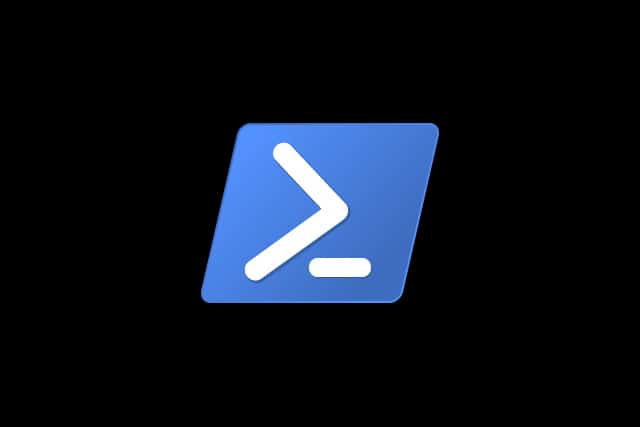
Microsoft releases PowerShell 7 for Windows, macOS and Linux
Microsoft has announced that its cross-platform automation tool and configuration framework PowerShell 7 is now Generally Available.
Available for Windows, macOS and Linux, PowerShell 7 sees Microsoft moving from .NET Core 2.x to 3.1 which enables greater backwards compatibility with existing Windows PowerShell modules thanks to the resurrection of numerous .NET Framework APIs. The cross-platform nature of PowerShell 7 means that Ubuntu, openSUSE, Fedora, Debian and other Linux distro are embraced.
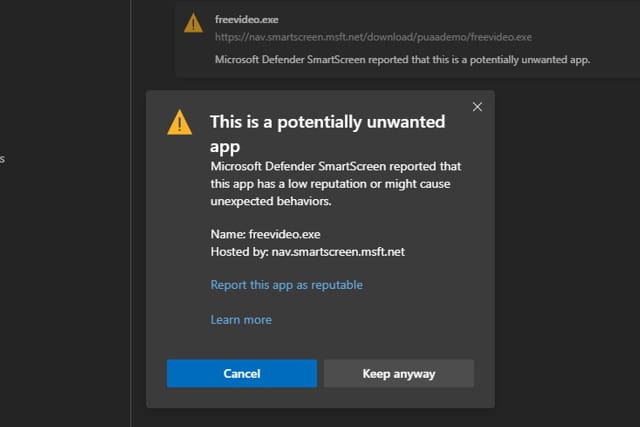
Updated Microsoft Edge will protect you from malware, crypto miners and more
With the switch to the Chromium engine, there's a lot more to like about Microsoft Edge these days. Microsoft is now pushing the browser hard, with the promise of serious speed improvements being used as a lure.
The latest update offers something extra -- protection against potentially unwanted applications (PUA). Microsoft Edge will now step in and block adware, cryptocurrency miners and other unwanted nonsense, particularly when downloading free software. The Microsoft Edge Team explains how to get the most from the protection.
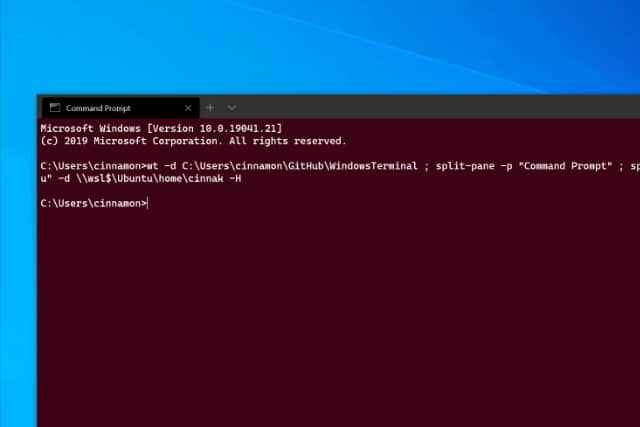
Microsoft releases Windows Terminal Preview v0.9 and it's feature-complete
Microsoft has released Windows Terminal Preview v0.9 with a glut of new features and options. The company says that this update is the last release that will include new features before v1 launches.
In terms of what's new, there's a lot to explore. The latest version of Windows Terminal will now detect any version of PowerShell and automatically create a profile for you, and the wt execution alias now supports command line arguments.
